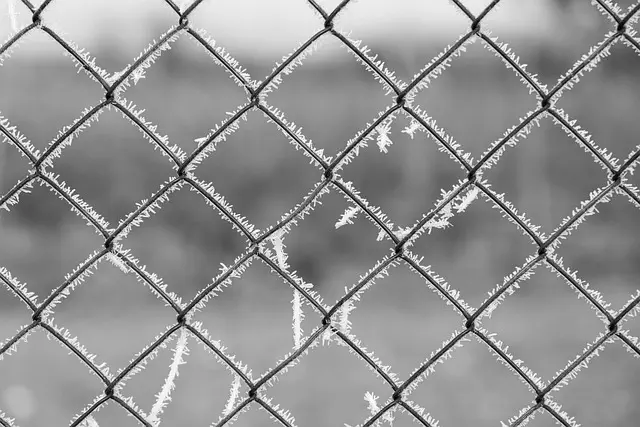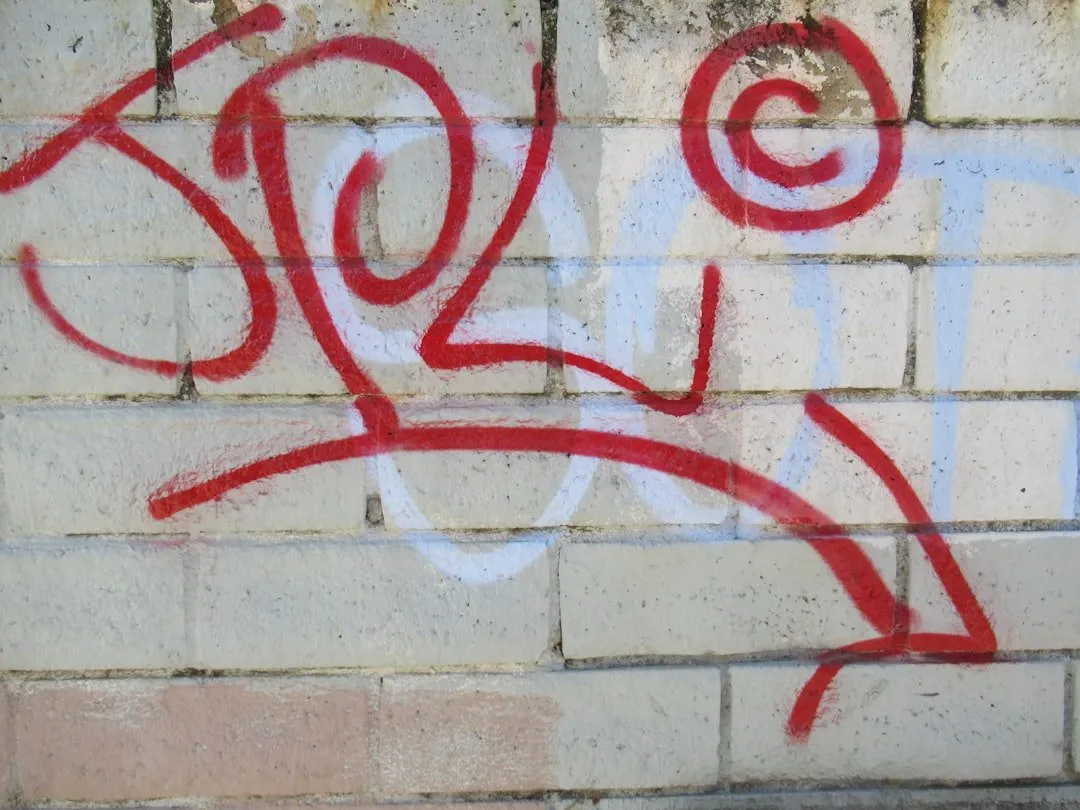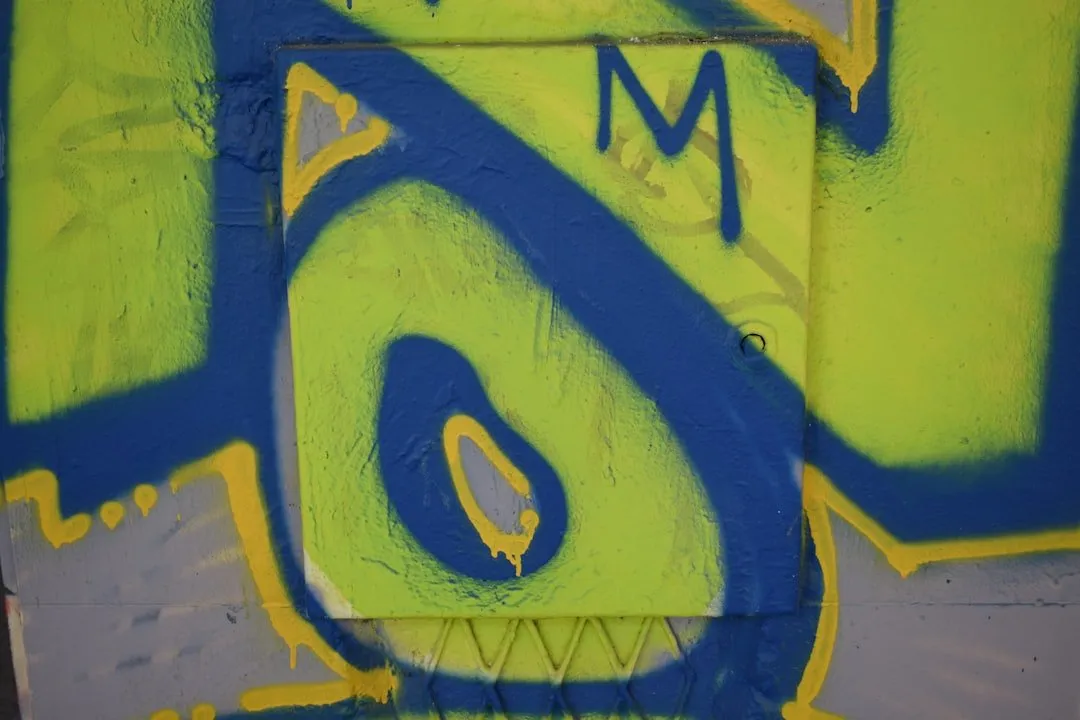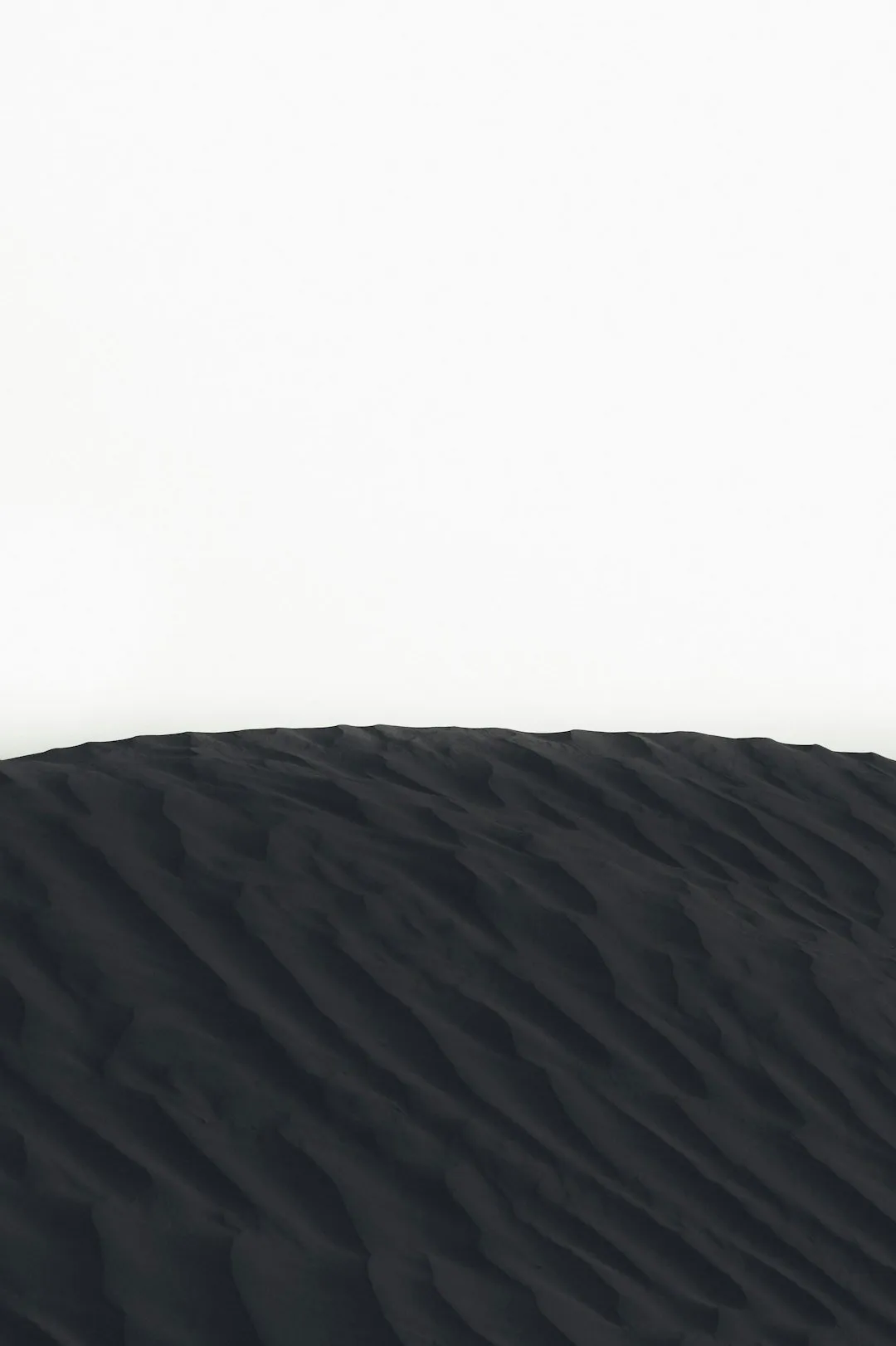In Utah, where kratom is illegal, managing muscle soreness post-exercise requires natural remedies like stretching, foam rolling, and proper nutrition. Delayed onset muscle soreness (DOMS) peaks 24-72 hours after exercise and ranges from mild to severe discomfort. Personalized workout plans tailored to individual needs offer an effective alternative for pain relief without relying on kratom, a plant-based substance with controversial legality in Utah. Due to safety concerns and legal restrictions, individuals should consult healthcare professionals before considering kratom as a solution.
“Experience nagging muscle soreness? It’s time to unravel the mystery and reclaim your comfort. This comprehensive guide explores the science behind muscle soreness, delving into its causes and offering a unique perspective on relief. We emphasize the power of personalized workout plans, designed to heal and strengthen.
While natural remedies gain traction, this article critically examines kratom’s potential as a sore muscle soother in Utah, considering its legal status. Discover evidence-based strategies for soothing your body and mind.”
- Understanding Muscle Soreness and Its Causes
- The Role of Customized Workout Plans
- Exploring Natural Remedies: Is Kratom a Viable Option in Utah?
Understanding Muscle Soreness and Its Causes
Muscle soreness is a common post-workout experience, often described as delayed onset muscle soreness (DOMS), typically peaking 24-72 hours after exercise. It’s your body’s way of telling you that you’ve challenged your muscles in new ways. Caused by microscopic tears in muscle fibers during intense activity, DOMS can range from a mild discomfort to a severe limitation of movement. While it’s not always a sign of damage, persistent or severe soreness could indicate overtraining or improper form. It’s crucial to understand these causes to effectively manage and prevent muscle soreness, especially as regulations like the status of kratom in Utah may influence recovery strategies for some individuals.
In Utah, where kratom use is subject to legal restrictions, finding alternative natural remedies becomes important for managing muscle soreness. Light stretching, foam rolling, and proper nutrition play a significant role in relief. Additionally, incorporating low-impact activities like swimming or yoga can enhance blood flow to soothe sore muscles without further strain. Understanding the root causes of soreness empowers individuals to design customized workout plans that promote efficient recovery.
The Role of Customized Workout Plans
In today’s world, where physical well-being is a top priority for many, customized workout plans have emerged as a powerful tool to combat muscle soreness and promote overall health. These tailored programs recognize that every individual has unique needs and limitations, ensuring an effective yet safe exercise routine. By taking into account factors such as age, fitness level, and specific areas of discomfort, personalized workouts offer a targeted approach to relief and recovery.
In contrast to one-size-fits-all routines, which may not address underlying issues, these customized plans focus on addressing the root causes of muscle soreness. This is especially relevant in places like Utah, where the legal status of kratom—a natural remedy sometimes used for pain management—plays a role in individuals’ pursuit of relief. A well-designed workout regimen, combined with appropriate self-care practices, can provide an alternative or complementary solution for those seeking to alleviate muscle discomfort without relying solely on substances like kratom, which may have legal restrictions and potential side effects.
Exploring Natural Remedies: Is Kratom a Viable Option in Utah?
In Utah, as in many places, muscle soreness relief has long been sought through a variety of methods. While modern medicine offers numerous options, many individuals are also exploring natural remedies. Among these, kratom—a plant-based substance derived from the Mitragyna speciosa tree—has gained attention for its potential analgesic and anti-inflammatory properties. However, it’s crucial to approach kratom as a topic with nuance, considering its legality in Utah. Currently, kratom is considered illegal in Utah, making it a complex option for residents seeking natural relief from muscle soreness.
Despite its illegality, online discussions and anecdotal evidence suggest some Utahns are still experimenting with kratom. Proponents advocate for its effectiveness in managing pain without the side effects often associated with prescription medications. Yet, it’s essential to remember that kratom’s legality and safety remain subjects of debate. Until further research clarifies its benefits and risks, individuals considering kratom should proceed with caution and consult healthcare professionals for alternative solutions tailored to their specific needs and circumstances.
In conclusion, customized workout plans tailored to individual needs prove highly effective for muscle soreness relief. By understanding the causes of delayed-onset muscle soreness, one can design targeted exercises that alleviate discomfort and promote healing. While natural remedies like kratom have gained attention, it’s essential to remember that its legality varies by state, including being currently illegal in Utah. Thus, exploring safe and scientifically backed methods is crucial for effective muscle recovery without legal repercussions.














